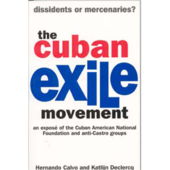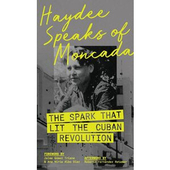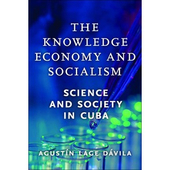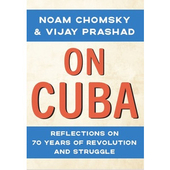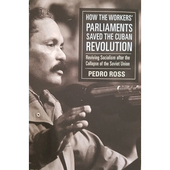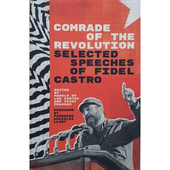against the US blockade of Cuba and for the Cuban
peoples' right to self-determination and sovereignty
CSC shop / Books / Bacardi: The Hidden War

Bacardi: The Hidden War
Author Hernando Calvo Ospina
Colombian journalist Hernando Calvo Ospina's expose of the anti-Cuba activities of the Bacardi rum company. This book is full of revelations such as the way in which Bacardi's boss once plotted to assassinate Fidel Castro and the company's role in promoting laws that strengthened the US blockade. Calvo Ospina also explains how Bacardi's men are also at the heart of the Bush administration. Chilling stuff. A must for all activists.
| Publisher: Pluto Press | ISBN no: 0-7453-1873-8 | Year: 2002
£22.50 inc p&p
| Check Basket |
People who bought Bacardi: The Hidden War also bought
REVIEW click to read...
Shop by category?
We have 266 items in our shop
-
Gifts | Art Prints, Posters And Cards | Clothing | Coffee, Food And Drink | Books | Music | Films | Badges And Flags | Miami Five | Che Guevara | Fidel Castro | Cuban History And Politics | Women | Health And Education | Poetry, Fiction And Cinema | Walk For Cuba | Cycle Cuba Experience | Events And Tickets |

